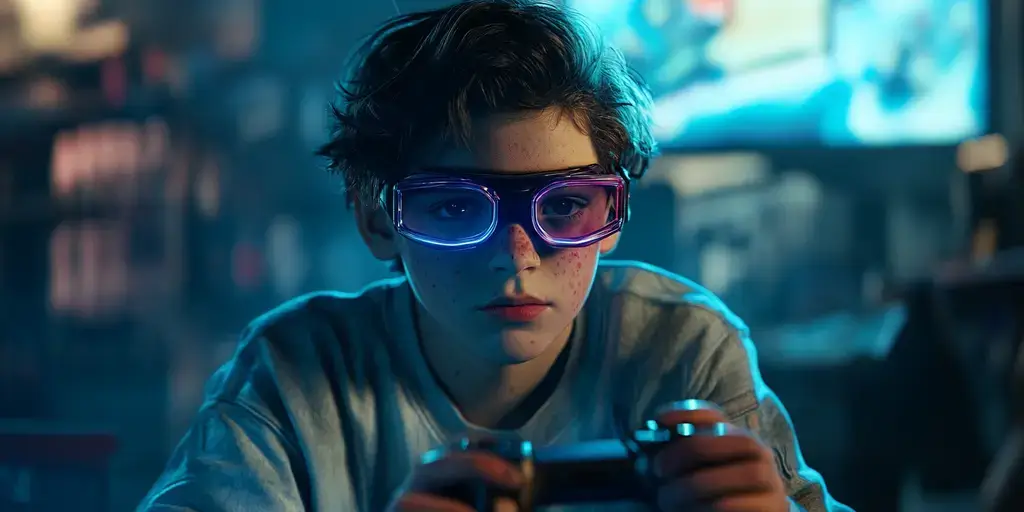Technology and its rapid advancements have always been a subject of immense interest and sometimes controversy. Recently, a notable development surfaced involving Elon Musk, a well-known tech billionaire, and Open AI, an organization at the forefront of artificial intelligence research. Musk has filed for an injunction against Open AI, bringing attention to the dynamic nature of technology oversight and ethical considerations in AI development.
Why is Musk Taking Action?
Elon Musk, the CEO of Tesla and SpaceX, is famously known for being both an advocate and a critic of artificial intelligence. Despite having co-founded Open AI, Musk has often expressed concerns about the potential risks associated with AI that develops too quickly without proper regulations in place. These concerns might have driven him to file an injunction against the organization.
The injunction typically aims to restrain or compel specific actions within the legal limits. In this context, Musk’s legal move might aim to pause certain activities of Open AI for them to reassess their strategies and technologies, ensuring they align with a future that is safe and beneficial for humanity.
Balancing Innovation and Safety
One of the main challenges when dealing with advanced technologies like AI is ensuring that innovation does not compromise safety. AI technology holds a transformative power across various industries, from healthcare to finance, but it must be managed responsibly. Musk’s injunction could serve as a call for more robust oversight and accountability in AI development practices.
Open AI has been pushing boundaries in AI capabilities, working on projects that enhance machine learning and natural language processing. These advancements, when not meticulously checked, may lead to outcomes that even the creators might not fully predict, prompting fears from people who, like Musk, advocate for a cautious approach.
Understanding Musk and Open AI’s Complex Relationship
It’s essential to note that while Musk helped establish Open AI with an initial promise to maintain a firm ethical framework, he parted ways with the organization in 2018. The separation was reportedly due to differences in vision regarding the development of AI. However, his concerns about AI’s potential impacts on society remained clear.
Despite his detachment from Open AI, his recent legal step indicates his continued interest in how AI evolves. It’s a reminder that the roots of Open AI are tied to a broader mission to ensure that the progress in AI continues responsibly and conscientiously.
Public and Industry Reaction
The public and industry stakeholders often respond with mixed emotions in scenarios like these. While some support the idea of stricter oversight, others argue that it could stifle innovation. Open AI, being a leader in AI research, might face challenges ensuring transparency while maintaining its pace of innovation.
The injunction likely sets off discussions about the need for policy makers, researchers, and tech giants to delineate clearer guidelines for AI development, potentially leading to a more defined regulatory framework. This development reflects a growing acknowledgment that AI is not just an academic interest but a socio-economic force that requires meticulous checks and balances.
Looking Ahead
As we look forward, it remains uncertain how this legal situation will resolve and what immediate effects it might have on Open AI’s operations. What’s evident, though, is the dialogue around AI’s future importance and the need to balance speed with safety. Whether Musk’s actions will bring about significant changes in AI governance is yet to be seen.
For now, it’s crucial for everyone, especially those who might feel alienated by tech jargon, to stay informed about these developments. They are shaping the world we live in and will determine how safe and efficient AI technology can enhance our lives. Engaging with these conversations can empower individuals to understand and contribute to discussions on technology’s role in society.










